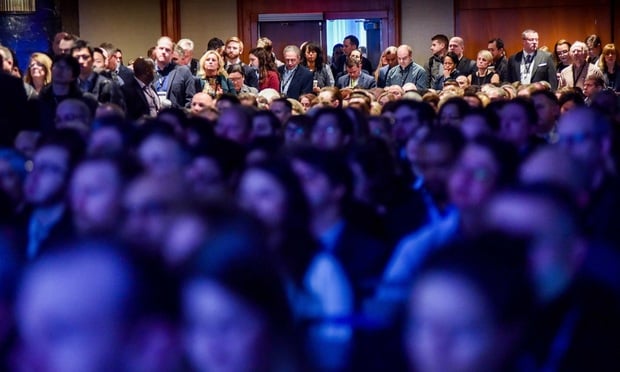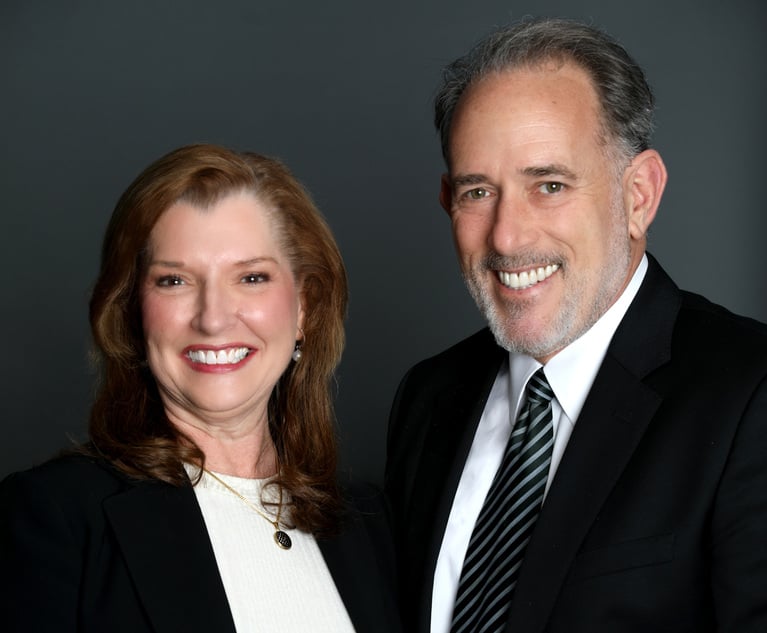NEW YORK — At Legalweek 2018, “artificial intelligence” is in the air. It’s what all the lawyers want to know about, and what almost all of the dozens of legal technology vendors seem to be offering (better than their competitors, of course).
It’s the distillation of a buzz that has long been building. But for all the hype, it’s struck me throughout the various panels and presentations here that few in the legal community have a real understanding of what’s being talked about. Part of the problem is definitional. As Catherine Krow, a former Big Law litigator who founded software company Digitory Legal, put it: “My caution in using this term is that it brings to mind Skynet.”


 People listen to Legalweek speakers at the New York Hilton Hotel in New York on Tuesday, Jan. 30, 2018. (Photo by David Handschuh/NYLJ)
People listen to Legalweek speakers at the New York Hilton Hotel in New York on Tuesday, Jan. 30, 2018. (Photo by David Handschuh/NYLJ)





